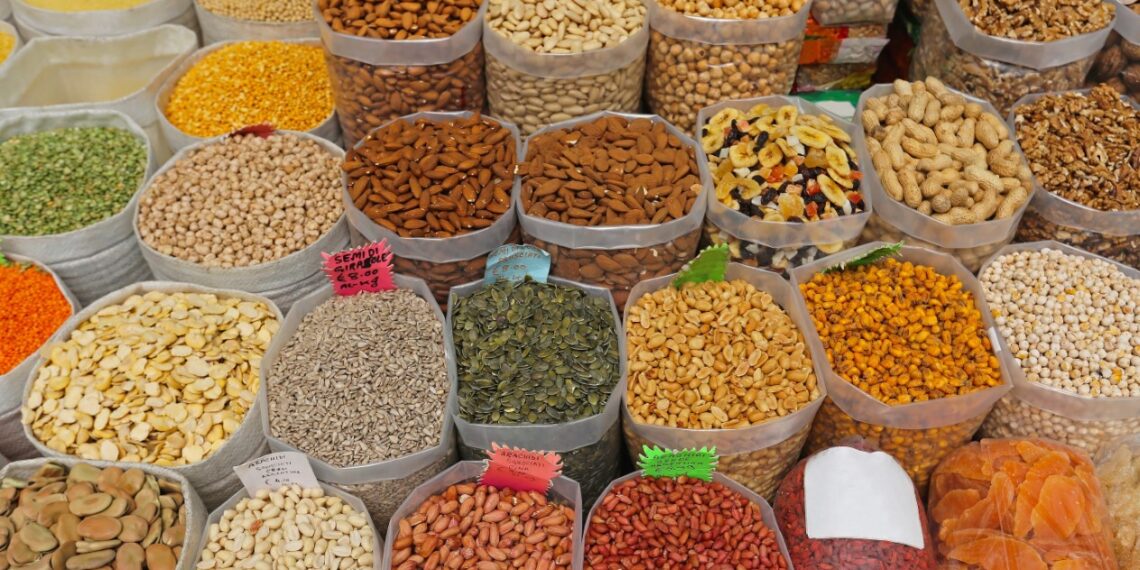Agripreneur, Ouwasegun Alabi, has pointed out that despite the growth in agricultural commodities export in recent years, Nigeria still suffers significant trade imbalance due to imports of processed food.
While citing such imported finished products like wheat, sugar, concentrates and more others which can be locally produced in large scale, he said in 2023 alone, the value of Nigeria’s agricultural imports surpassed its exports by N1.037 trillion which marks the fifth consecutive year of loss to trade imbalance.
Addressing journalists in Abuja over the weekend, he said “This imbalance is primarily due to the importation of processed and finished food products, such as wheat, sugar, concentrate to mention a few, which Nigeria has the capacity to produce domestically.
“Oil may be Nigeria’s top source of foreign income, but agriculture is quietly rising as a powerful force. With Nigeria ranking fourth in the world for exports like cocoa etc, there’s huge potential waiting to be unlocked. Yet, we still import a lot of food, a sign that our farms need more support and better infrastructure.
“Agriculture remains the bedrock of Nigeria’s economy and holds immense potential to significantly increase our Gross Domestic Product (GDP). With our vast arable land, favorable climate, and a resilient labor force, Nigeria is uniquely positioned to harness agriculture for sustainable economic growth.”
Oluwasegun, who is the MD CEO of Davidorlah Farms Nigeria Limited, said with the right legislations and policies to boost Nigeria’s agricultural exports, the country can reduce its heavy dependence on oil and protect its economy from global price shocks.


